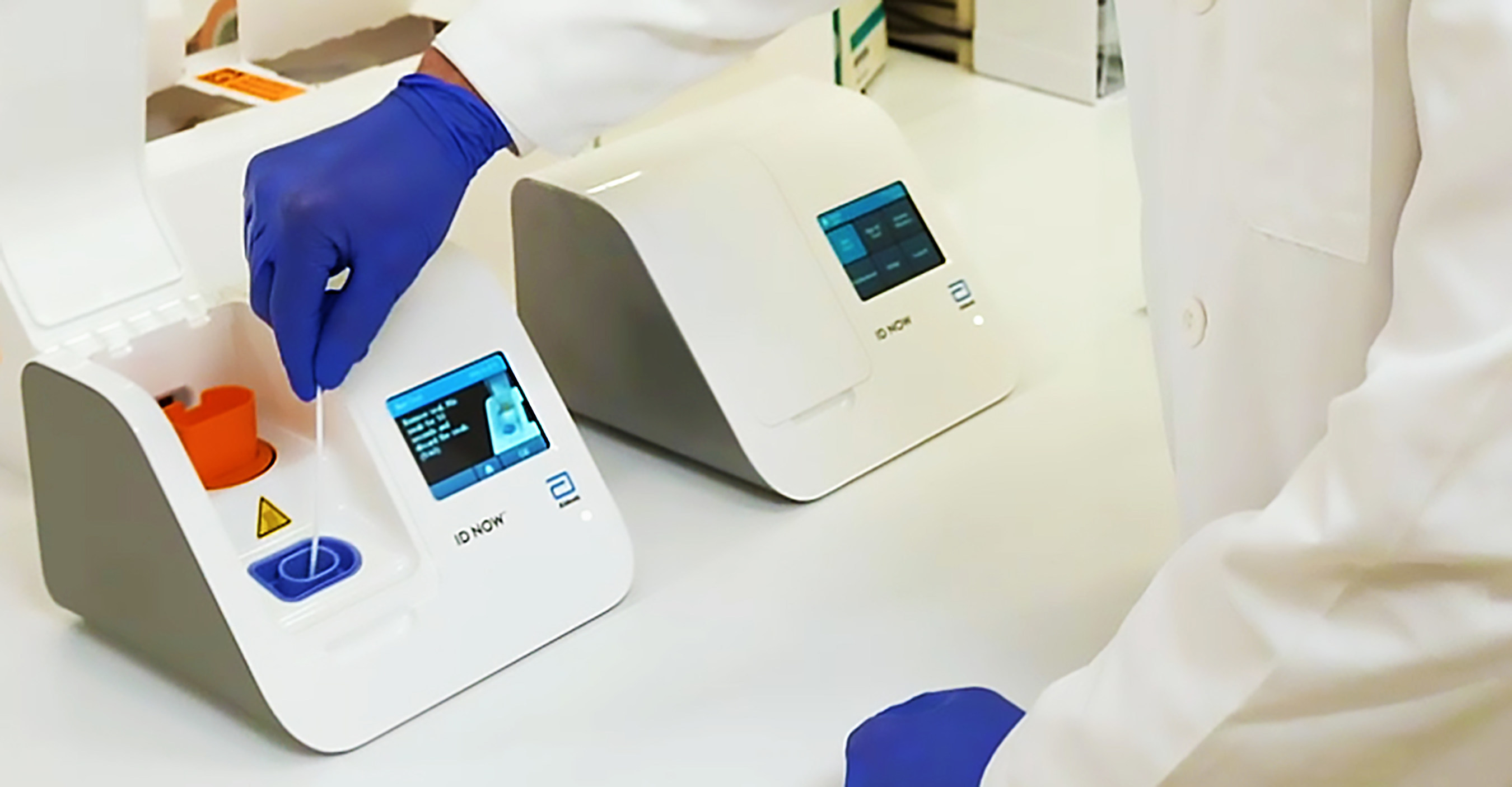Rapid LH (Luteinizing Hormone) Testing in Equine Reproduction
In equine reproduction, luteinizing hormone (LH) plays a pivotal role. LH is critical for the initiation of ovulation and corpus luteum formation, which are essential processes for successful reproduction. The ability to accurately measure LH levels at specific times during the estrous cycle can significantly enhance reproductive management in horses.
The traditional methods of measuring LH involve blood sampling followed by laboratory analysis. These methods, however, have limitations: they require trained personnel, specialized equipment, and time that may not be available for timely decision-making. Rapid LH testing offers a more efficient approach, allowing for quicker results at the point-of-care (POC). This service is particularly advantageous in equine reproduction where immediate insights are crucial for optimizing breeding programs.
Using rapid LH tests enables veterinarians and breeders to make informed decisions promptly without the need for extensive lab procedures. The use of these tests can lead to improved reproductive outcomes, increased efficiency in managing mare fertility, and better overall management of horse health and welfare.
The technology behind rapid LH testing is based on immunoassay principles. These tests utilize monoclonal antibodies specific to LH which react with the hormone present in urine or plasma samples. The reaction produces a detectable signal that correlates directly to the concentration of LH, thus providing an accurate measurement.
For successful implementation of rapid LH testing, it is important to follow proper specimen collection and preparation procedures. For instance, when using urine samples, ensure that they are collected during the appropriate phase of the estrous cycle as indicated by clinical signs or other reproductive markers. Proper storage conditions must also be maintained to preserve sample integrity.
The choice of test kit is crucial; different kits may have varying sensitivities and specificities towards LH. It is advisable to select a kit that has been validated for equine samples according to internationally recognized standards such as ISO 15189 or IEC 62794. Calibration and quality control checks should be performed regularly to ensure consistent results.
Interpretation of rapid LH test results requires knowledge about the normal range of LH concentrations across different stages of the estrous cycle. Understanding these parameters helps in diagnosing reproductive issues accurately and tailoring treatment plans accordingly. Additionally, integrating this testing into existing management protocols ensures seamless integration without disrupting current practices.
To summarize, rapid LH testing offers a valuable tool for equine reproduction by providing quick and reliable information regarding LH levels. This capability supports better decision-making processes related to breeding schedules, ovulation induction strategies, and overall reproductive health monitoring in horses.
Why It Matters
The timely measurement of luteinizing hormone (LH) is crucial for effective equine reproduction management. Accurate LH testing allows veterinarians and breeders to identify critical phases of the estrous cycle more precisely, which in turn improves breeding success rates.
- Optimized Breeding Schedules: Knowing when LH levels peak can help predict ovulation times, thereby optimizing breeding schedules for higher conception rates.
- Improved Fertility Management: Understanding the dynamics of LH helps diagnose and treat reproductive disorders more effectively.
- Promotes Animal Welfare: Timely interventions based on LH readings contribute to better overall health and well-being of the animals involved in the breeding program.
- Enhanced Efficiency: Faster turnaround times for test results allow for quicker response actions, reducing stress on both staff and horses.
In summary, rapid LH testing is indispensable for equine reproduction because it enhances the accuracy of reproductive management decisions, leading to improved fertility outcomes and better animal care practices.
Eurolab Advantages
At Eurolab, we pride ourselves on offering cutting-edge services tailored to meet the unique needs of our clients in equine reproduction. Our rapid LH testing service is designed to provide accurate and timely results, supporting better reproductive management decisions.
- Accurate Results: Leveraging state-of-the-art technology and internationally recognized standards ensures precise measurements every time.
- Timely Decision-Making: With rapid turnaround times for test results, we enable quicker responses to changes in the estrous cycle, enhancing breeding success rates.
- Expert Support: Our team of professionals offers guidance and support throughout the testing process, ensuring optimal performance.
- Innovative Solutions: We continuously strive to innovate and improve our services, staying at the forefront of equine reproductive management.
Partnering with Eurolab means accessing expert knowledge, advanced technology, and comprehensive support systems specifically designed for equine reproduction. Choose us for reliable and efficient rapid LH testing solutions that drive better reproductive outcomes in horses.





